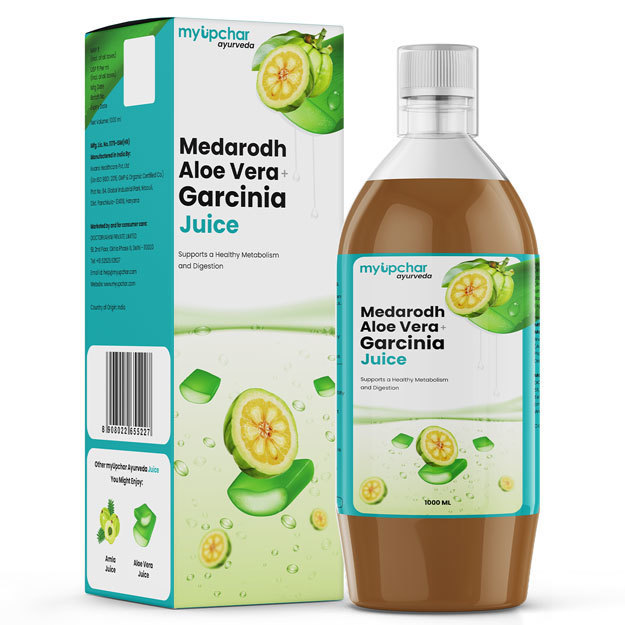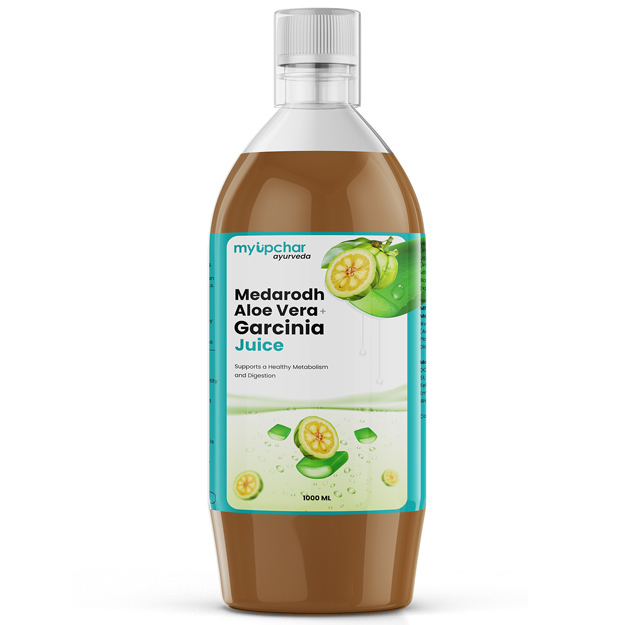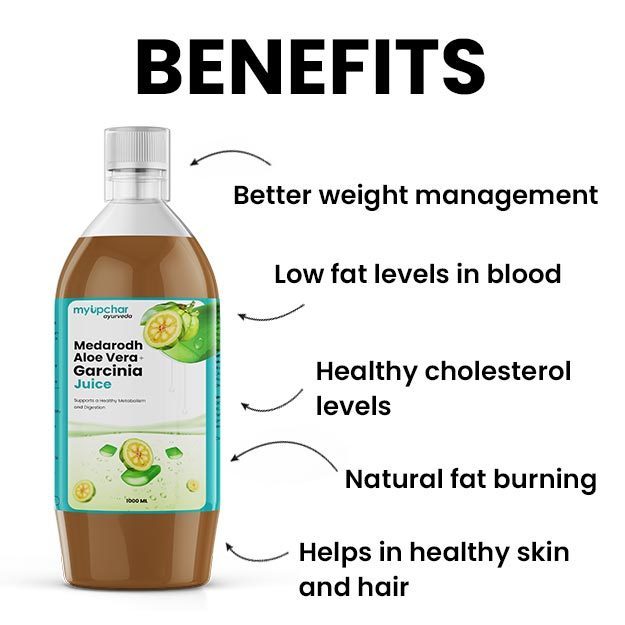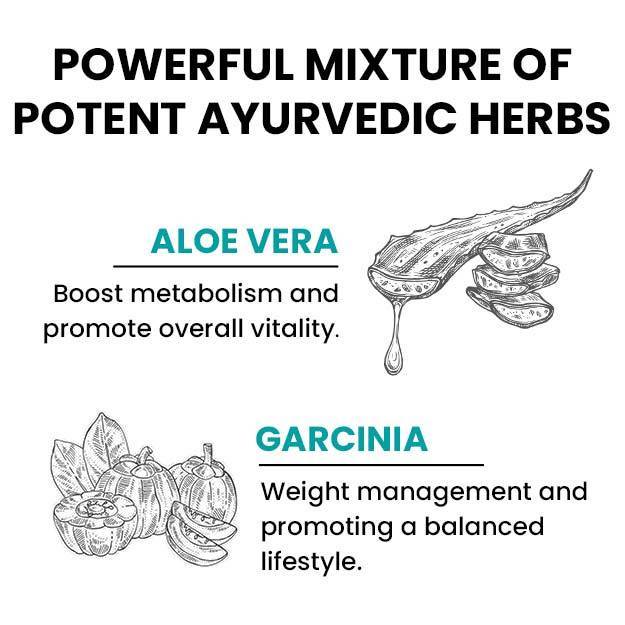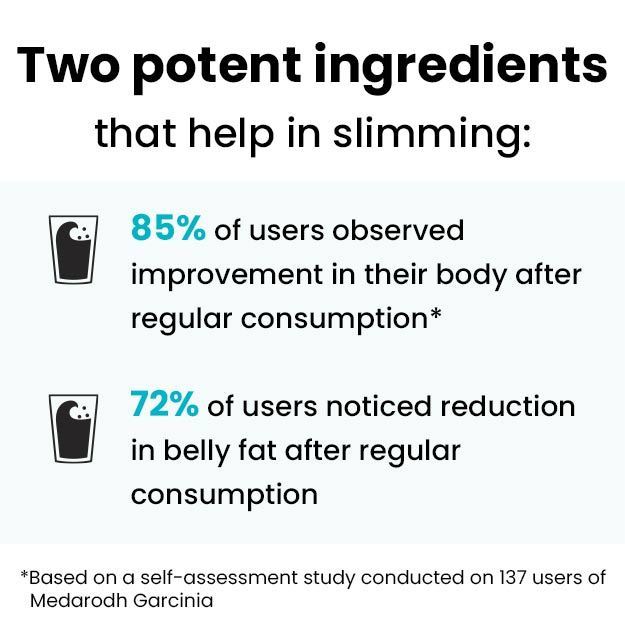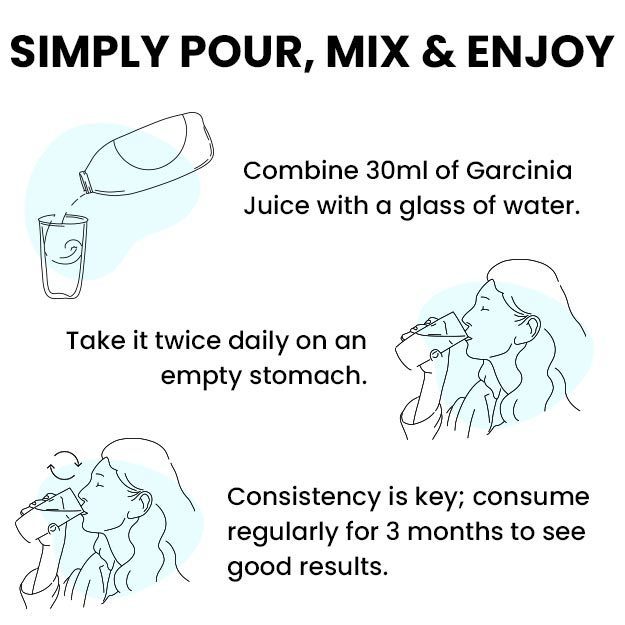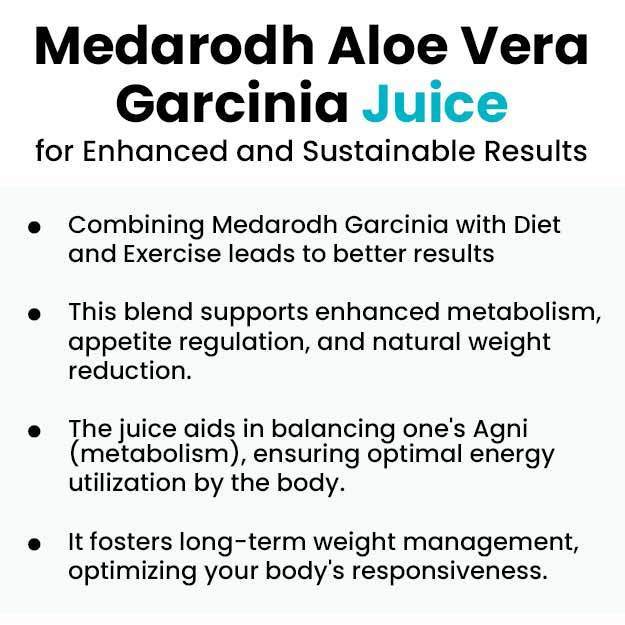Orange juice is one of the favourite breakfast drinks of health-conscious people across the world. The fresh intoxicating scent of a glass of orange juice is enough to wake you up and revitalise at once. Now most of us have an idea that this drink is somehow healthy to the body and is aiding in nutrition. But do you know exactly how it is beneficial for your health?
Orange juice boasts one of the highest vitamin C contents of the citrus family right after lemons. Fresh orange juice, when taken with pulp, also contains some fibre which might help to kick start your digestive system. What better than a yummy and healthy toast to your digestion right at the beginning of the day?
Being rich in antioxidants, it is an excellent aid in improving body systems and helping them stay fit for longer.
Though it is prefered in breakfast, orange juice can be taken at any time of the day.
Did you get your fix of orange juice yet?
Some basic facts about oranges:
Orange juice is extracted by juicing fresh orange pulp. Here are some basic facts about orange fruit:
- Botanical name: Citrus X sinensis
- Family: Rutaceae
- Common name: Orange, santra, narangi
- Sanskrit name: Naranga
- Parts used: Fruit
- Native region and geographical distribution: Oranges are native to South-east Asia but they are also cultivated in the Mediterranean regions and parts of southern USA.





